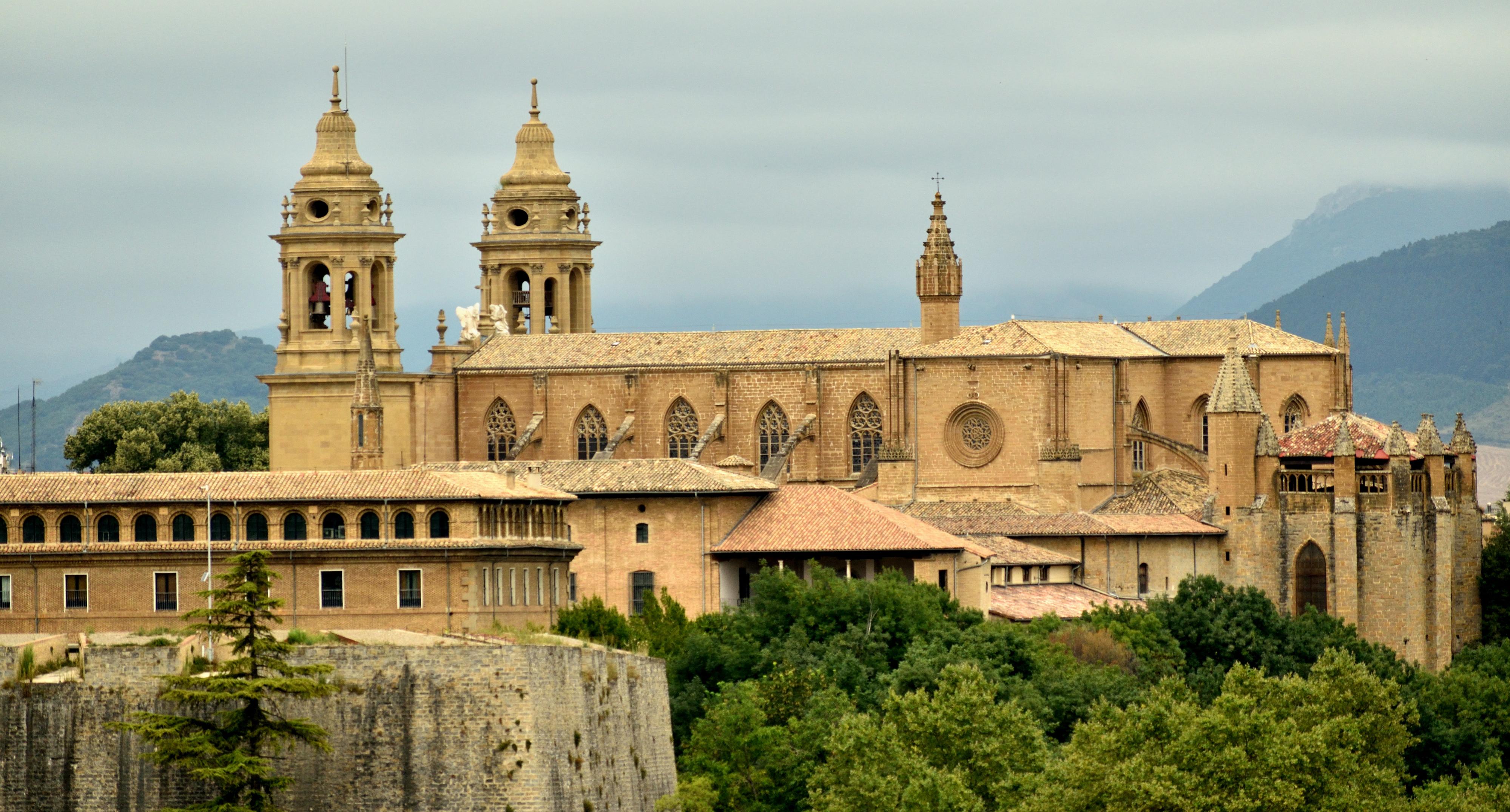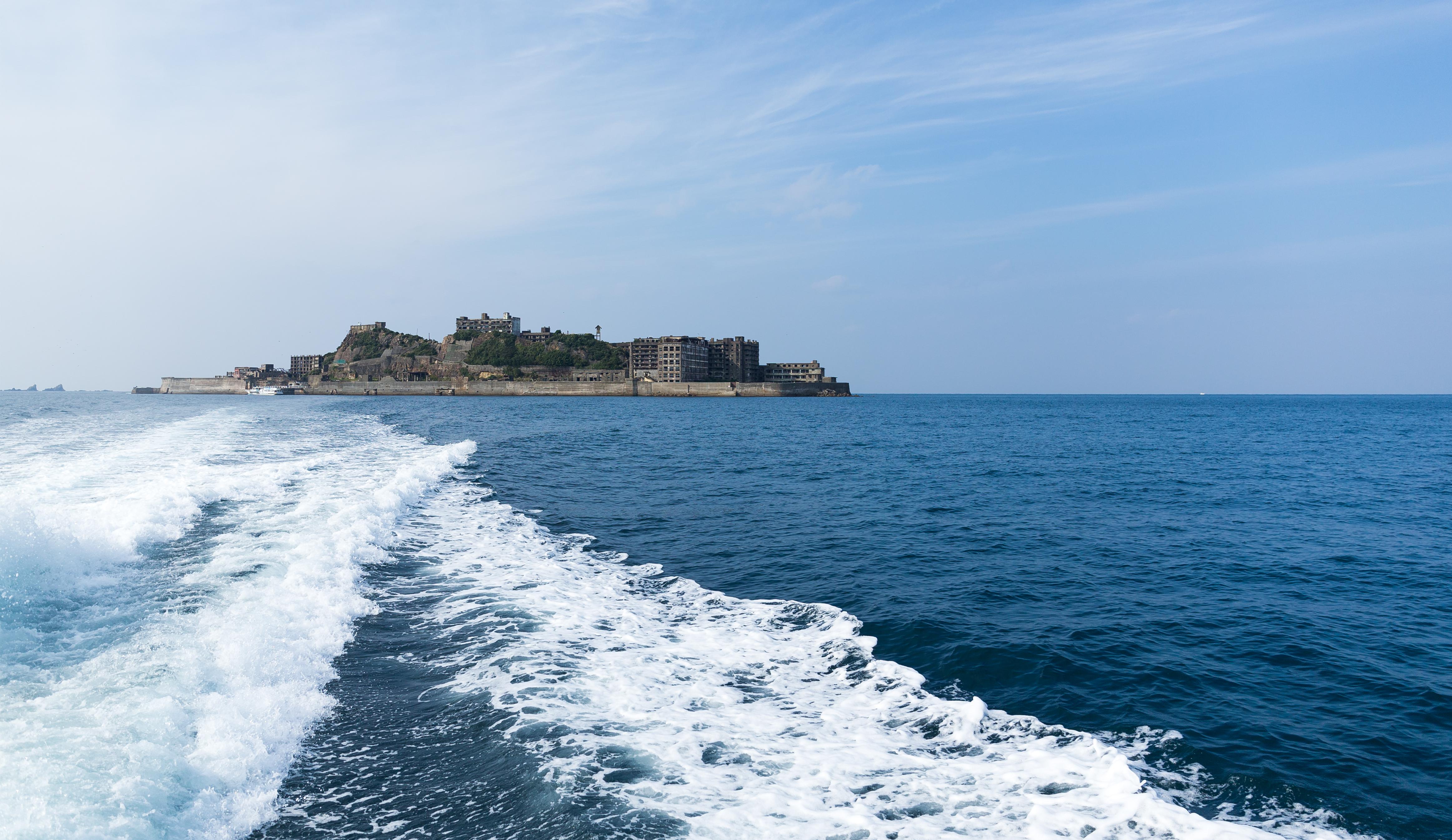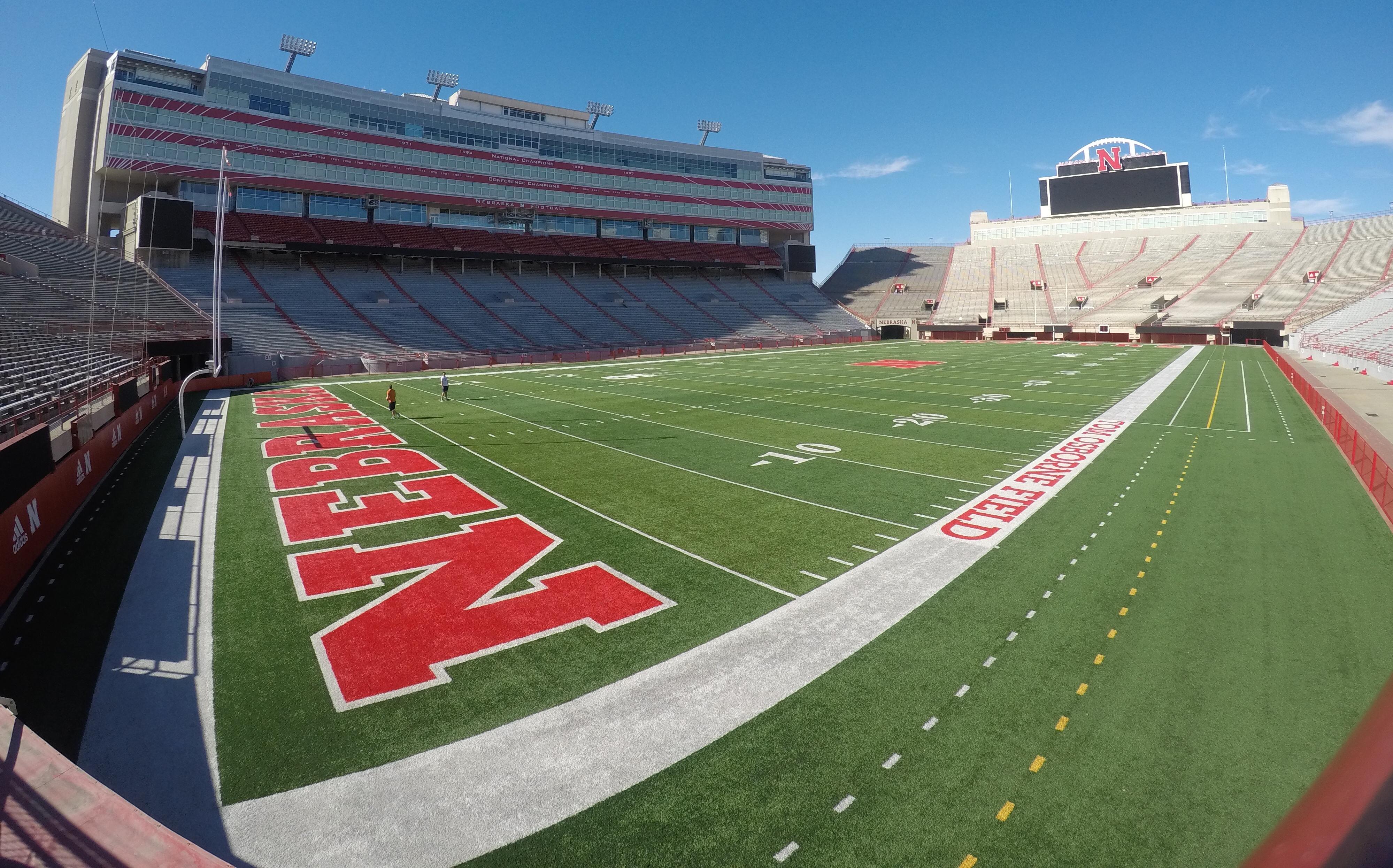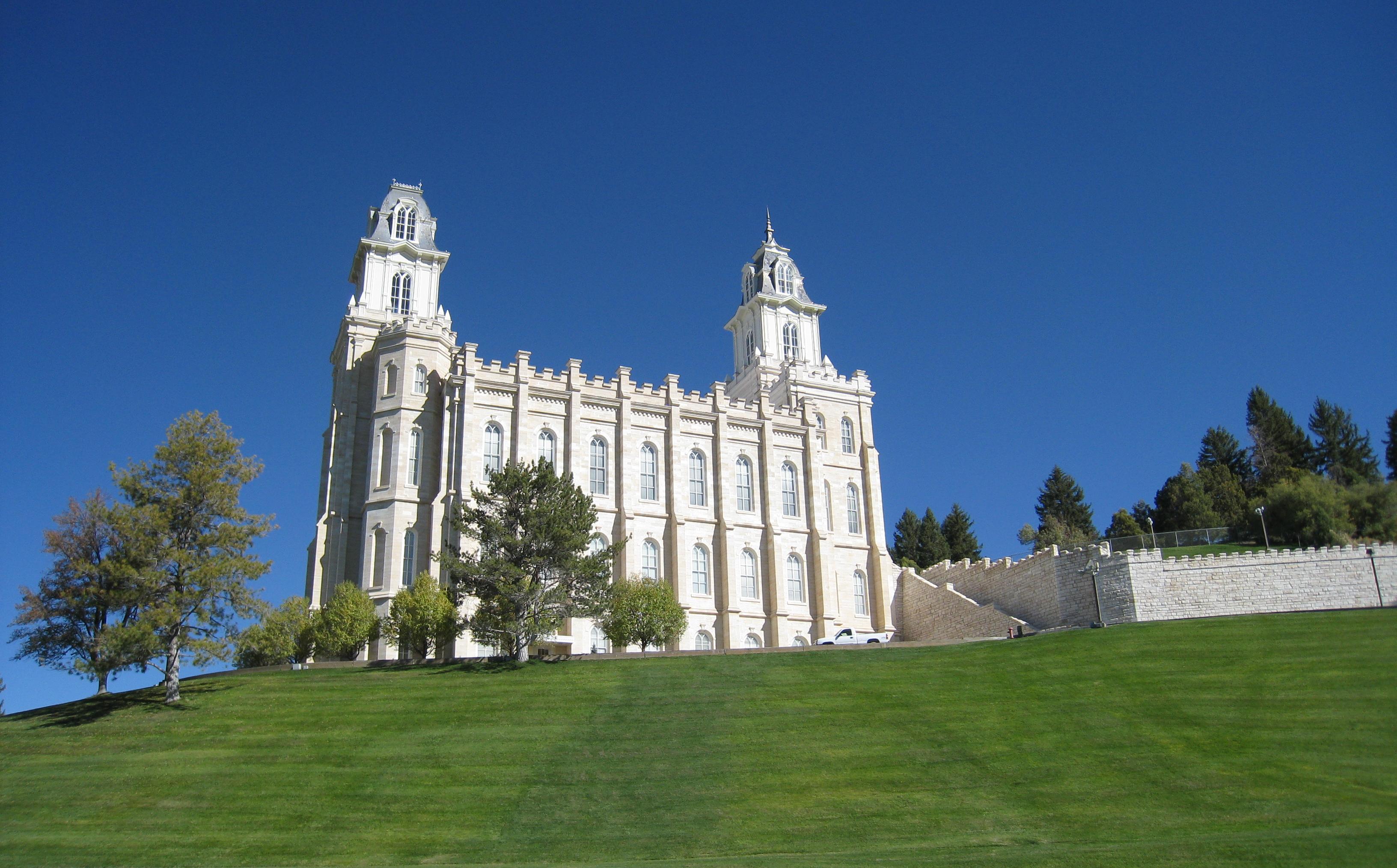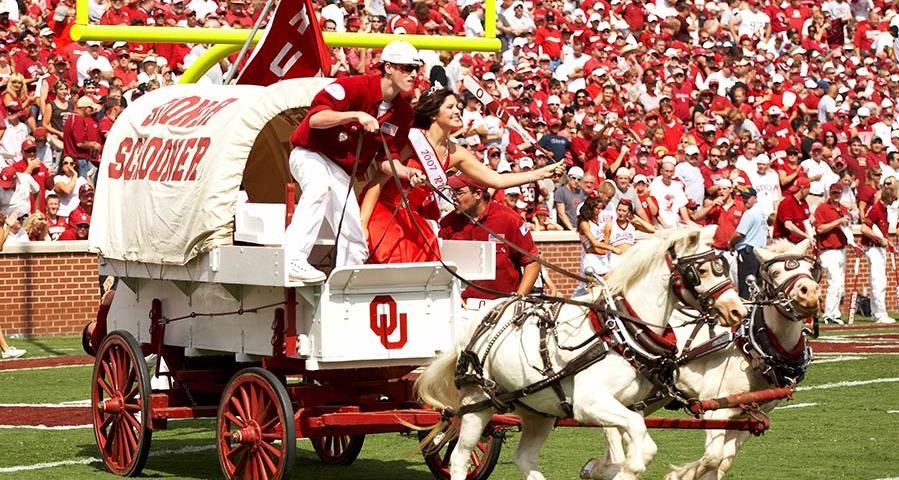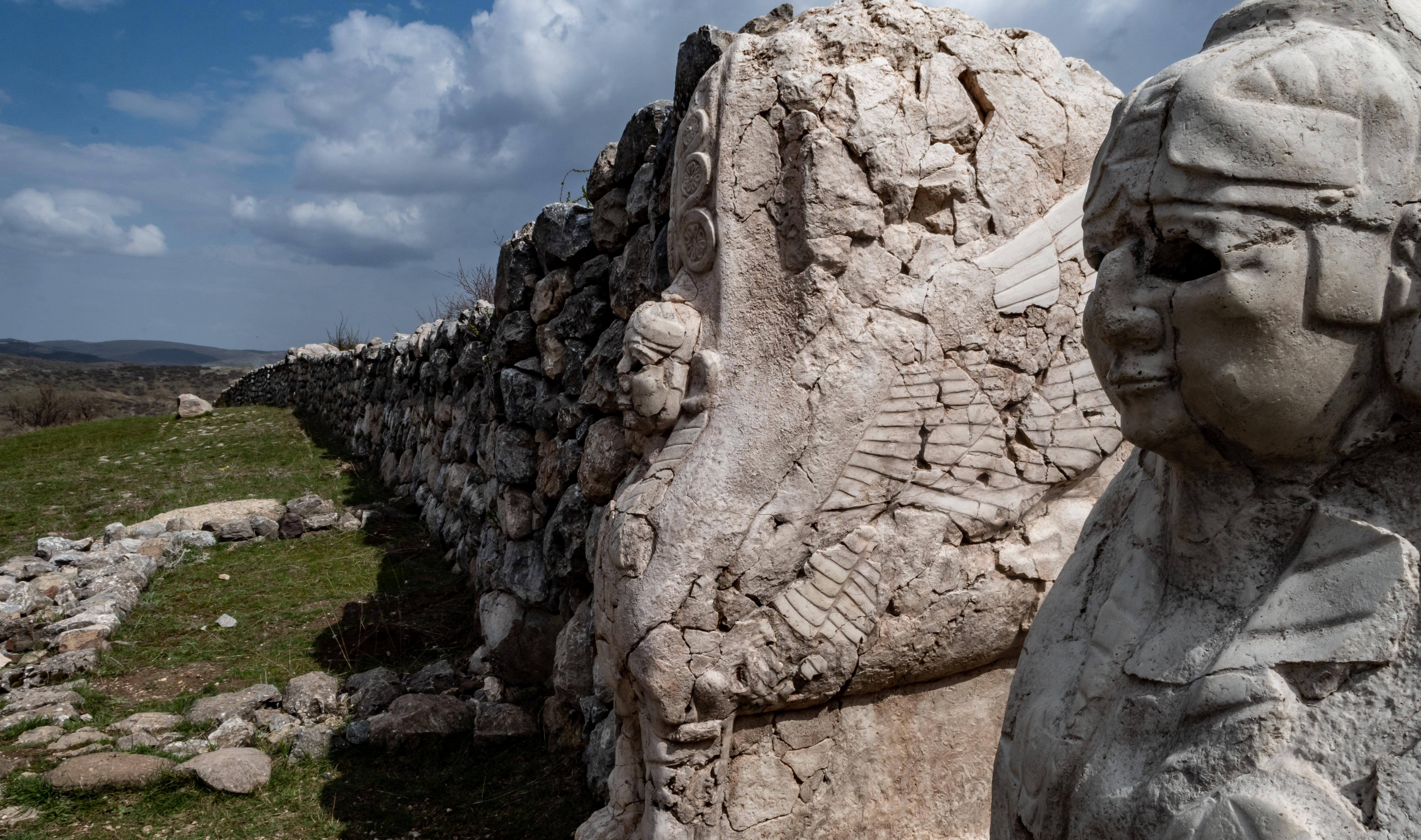Vacation Nightmares: The Biggest Travel Disasters That Went Viral
In the ever-evolving landscape of global travel, the allure of exploring new destinations often comes with its own set of challenges. As travelers set out on their adventures, they occasionally encounter unforeseen disruptions that transform a dream vacation into a viral sensation. This article delves into the whirlwind of travel chaos, highlighting ten extraordinary vacation disasters that captured global attention. From logistical nightmares to natural catastrophes, these incidents underscore the unpredictable nature of travel and the resilience of those who endure them. As we venture through these tales, we gain insights into the complexities and wonders of modern-day exploration.
1. The Icelandic Ash Cloud: 2010's Aviation Standstill
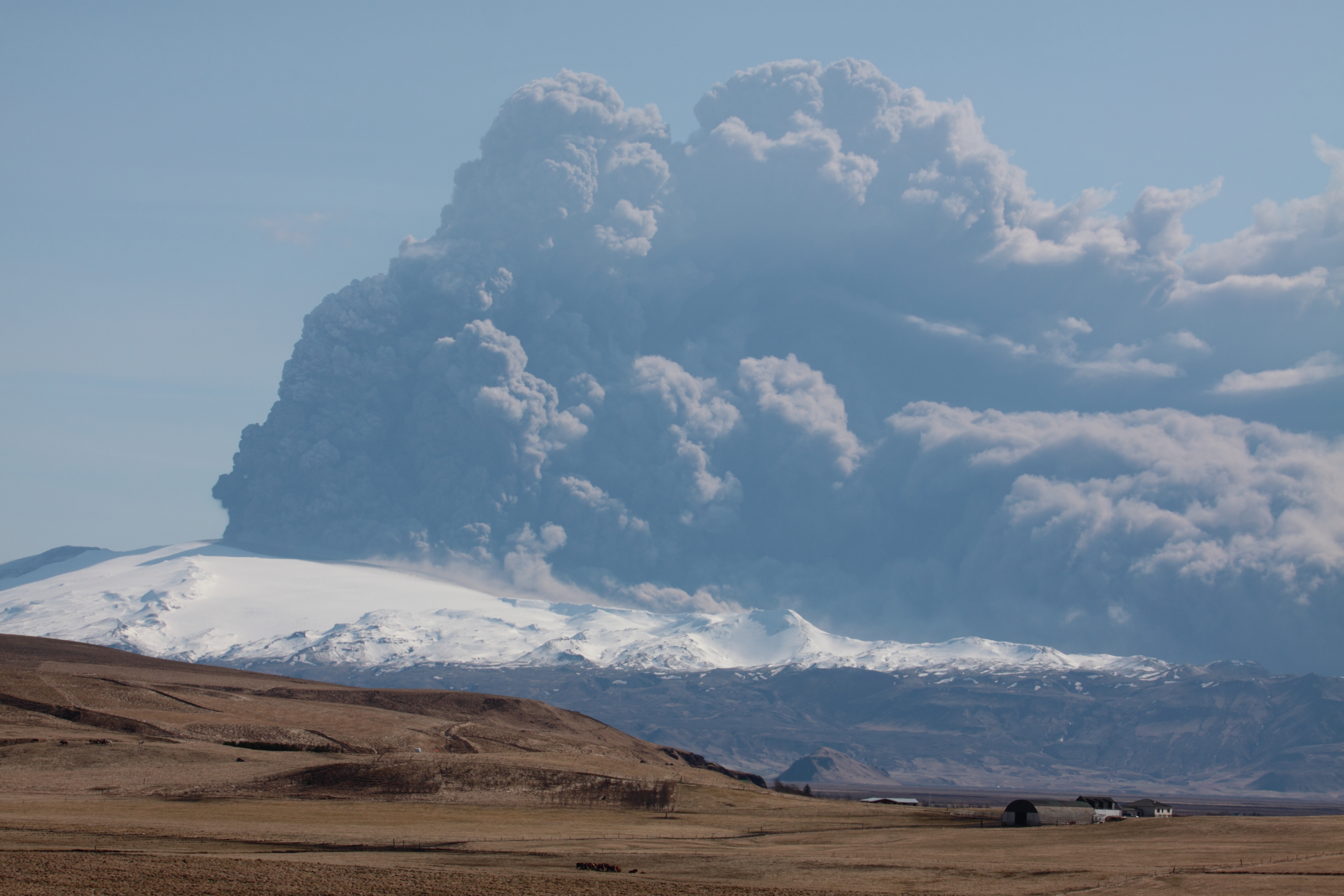
In April 2010, the eruption of Iceland's Eyjafjallajökull volcano sent an enormous ash cloud into the atmosphere, leading to the largest air-traffic shutdown since World War II. Over 100,000 flights were canceled, affecting millions of passengers worldwide. The ash cloud posed a severe threat to aircraft engines, grounding flights across Europe for nearly a week. This unprecedented event highlighted the vulnerability of global travel networks to natural phenomena. Travelers found themselves stranded in airports, hotels, and makeshift accommodations, relying on social media and news outlets for updates. The incident served as a wake-up call for the aviation industry, prompting advancements in monitoring and crisis management.
2. The Fyre Festival Fiasco: A Case Study in Mismanagement
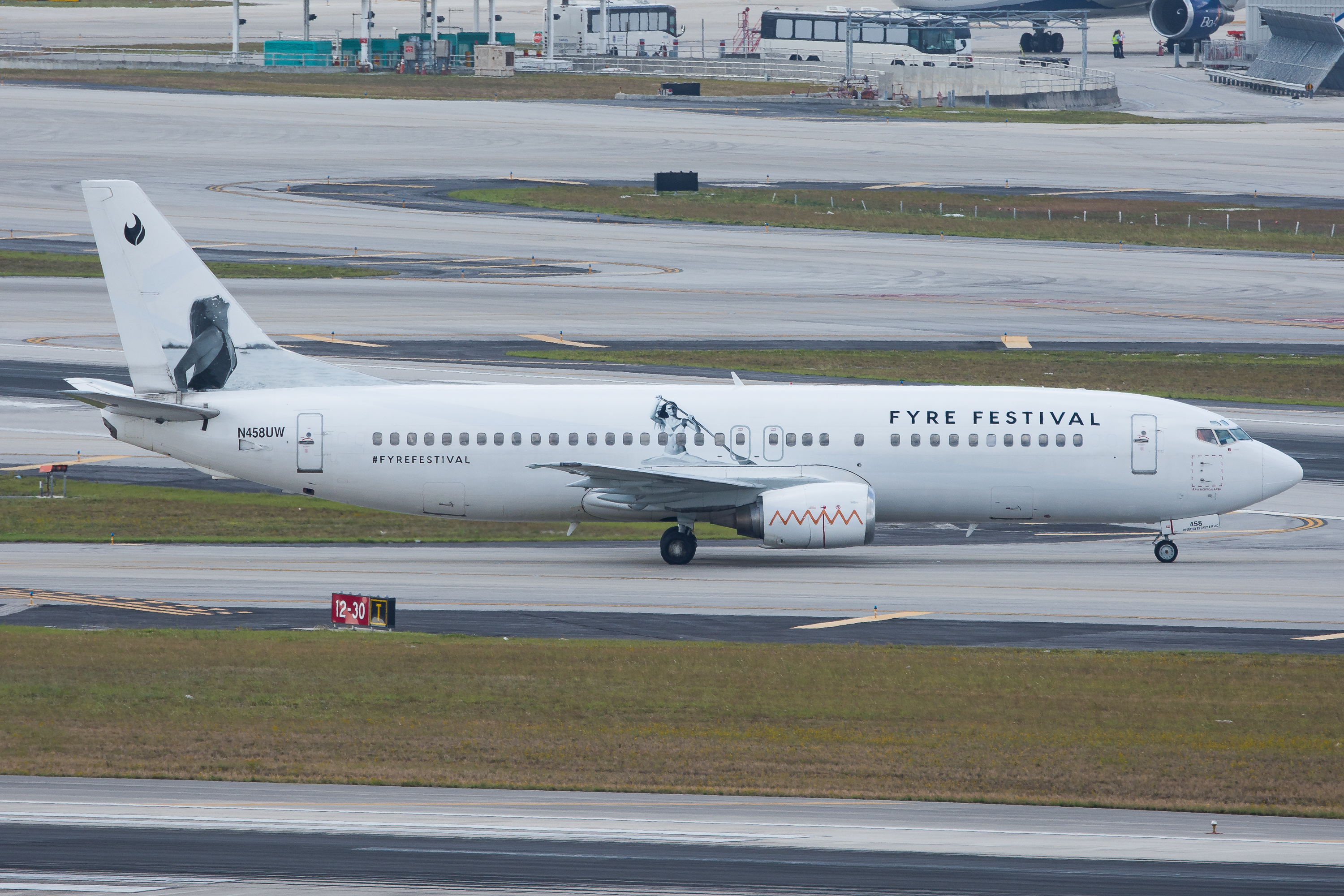
Promoted as a luxurious music festival on a private island in the Bahamas, the Fyre Festival of 2017 turned into a notorious disaster. Attendees, lured by promises of gourmet food, celebrity guests, and opulent accommodations, arrived to find inadequate shelter, sparse meals, and chaotic organization. The event's failure, exacerbated by social media documentation, became a viral sensation, leading to lawsuits and criminal charges against its organizers. This debacle highlighted the importance of transparency and accountability in event planning. It also underscored the power of social media in shaping public perception and the potential consequences of over-promising and under-delivering.
3. The Stranded Cruise: Costa Concordia's Tragic Tale
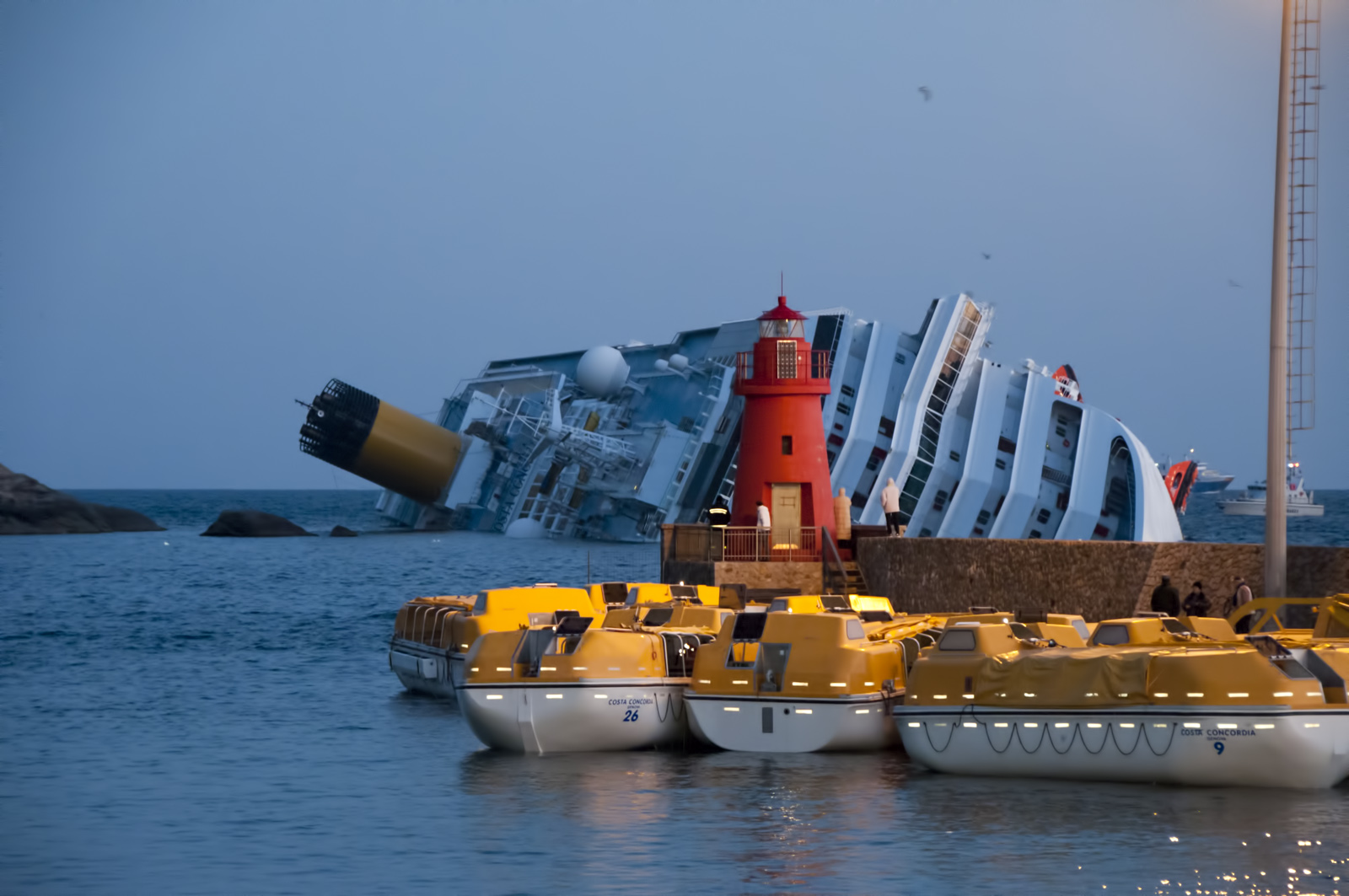
The sinking of the Costa Concordia in January 2012 remains one of the most harrowing maritime disasters in recent history. The luxury cruise ship ran aground off the coast of Italy, leading to the deaths of 32 passengers and crew members. Investigations revealed a series of navigational errors and operational failures. The incident sparked a global conversation about cruise ship safety, leading to stricter regulations and safety protocols. The tragedy of the Costa Concordia serves as a somber reminder of the potential dangers of sea travel and the critical importance of safety measures in the tourism industry.
4. The Great Blizzard of 2018: A Winter Wonderland Gone Awry
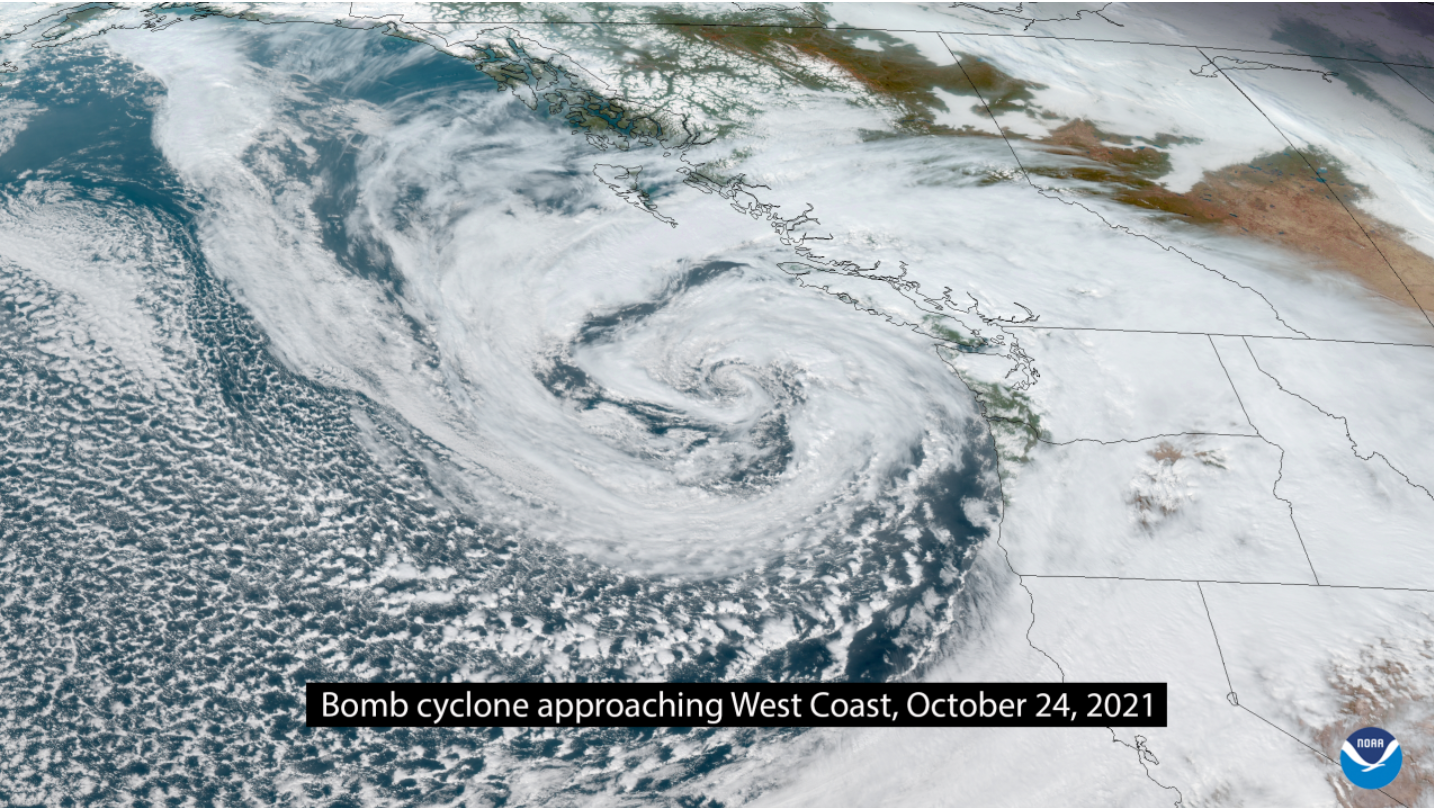
In early January 2018, a massive winter storm, dubbed the "Bomb Cyclone," wreaked havoc across the eastern United States. Airports were closed, flights were canceled, and travelers were left stranded in frigid conditions. The storm's intensity and rapid development caught many by surprise, highlighting the challenges of predicting and preparing for extreme weather events. For those trapped in airports and transit hubs, the experience was both frustrating and surreal, as they navigated unexpected delays and cancellations. The blizzard underscored the importance of flexibility and preparedness in travel planning, as well as the need for robust infrastructure to handle such natural disruptions.
5. The Rail Strike of 2022: Europe's Transit Turmoil
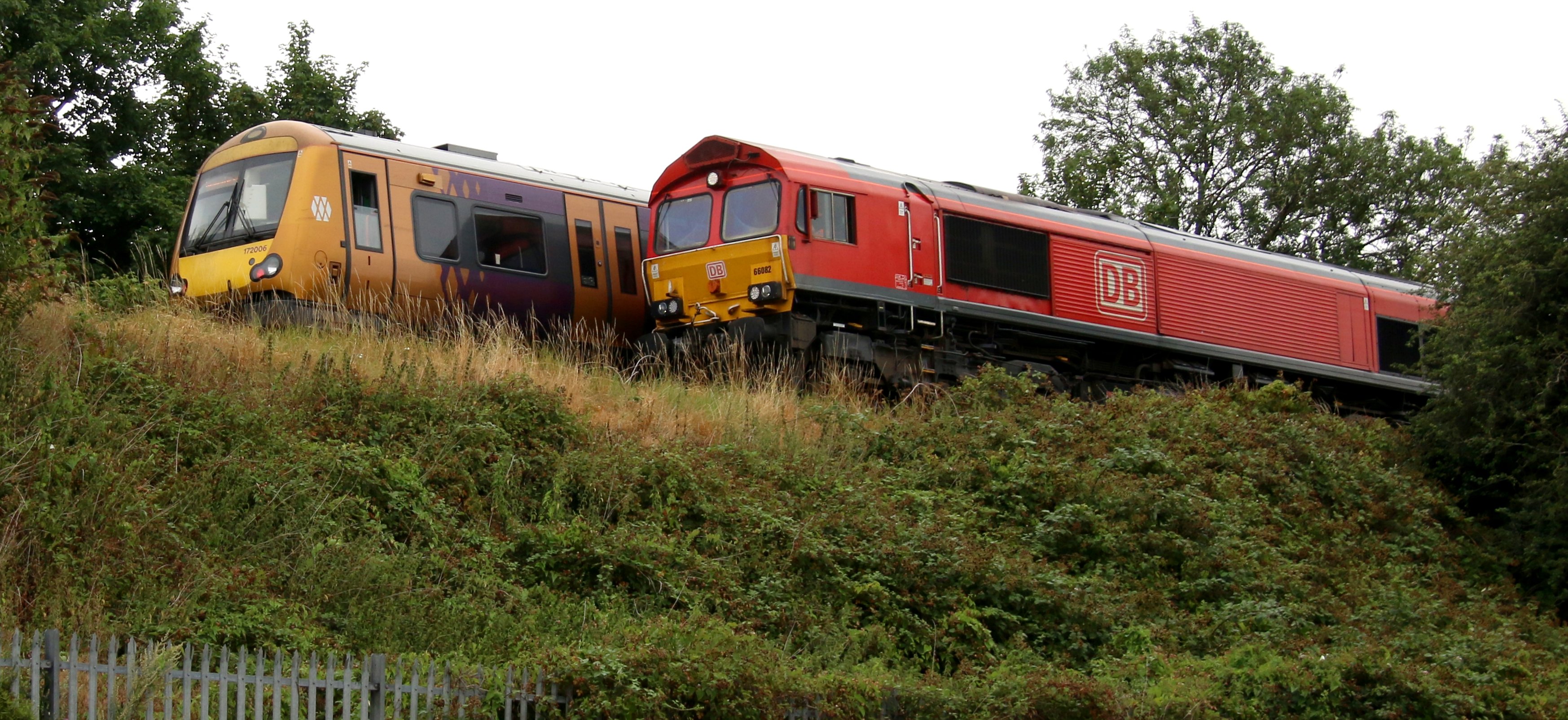
In the summer of 2022, a widespread rail strike across Europe disrupted the travel plans of millions. Workers protested for better wages and working conditions, leading to significant delays and cancellations. Tourists and commuters alike faced long lines, overcrowded stations, and limited alternatives. The strike highlighted the interconnectedness of Europe's transit systems and the ripple effects of labor disputes on travel. It also sparked discussions about workers' rights and the balance between labor demands and service reliability. As travelers navigated the chaos, they were reminded of the delicate balance required to maintain seamless transportation networks.
6. The Bali Airport Shutdown: Volcanic Eruptions and Evacuations
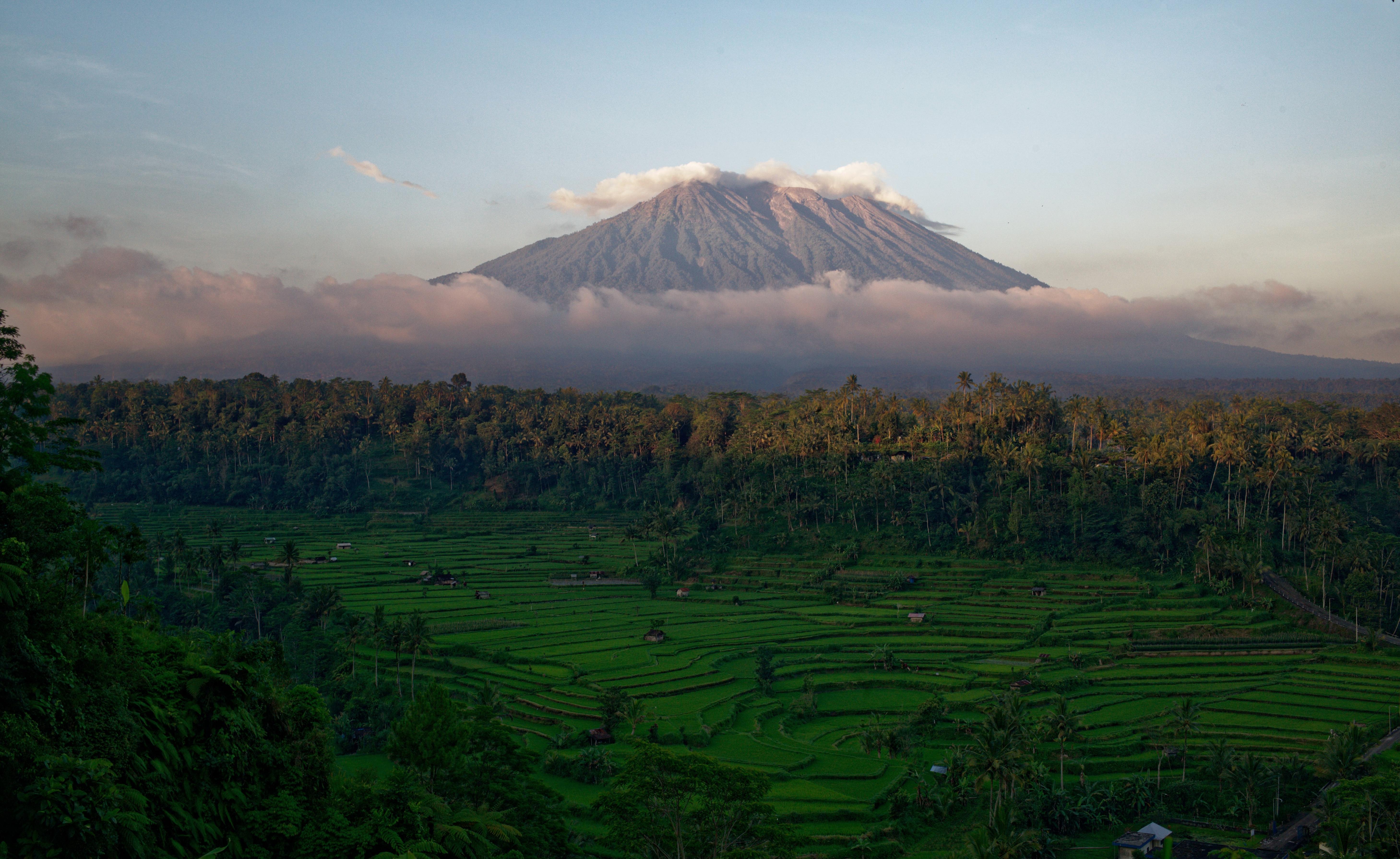
In November 2017, the eruption of Mount Agung in Bali led to the closure of the island's main airport, stranding thousands of tourists. The threat of volcanic ash posed a significant risk to aircraft, prompting widespread flight cancellations. Travelers were forced to seek alternative routes or extend their stays, while local authorities coordinated massive evacuation efforts. The incident underscored the impact of natural disasters on tourism-dependent economies and the importance of effective crisis management. For those caught in the disruption, the experience was a mix of anxiety and adventure, as they navigated the challenges of an unexpected extension to their journey.
7. The French Air Traffic Control Strike: A Sky-High Standoff
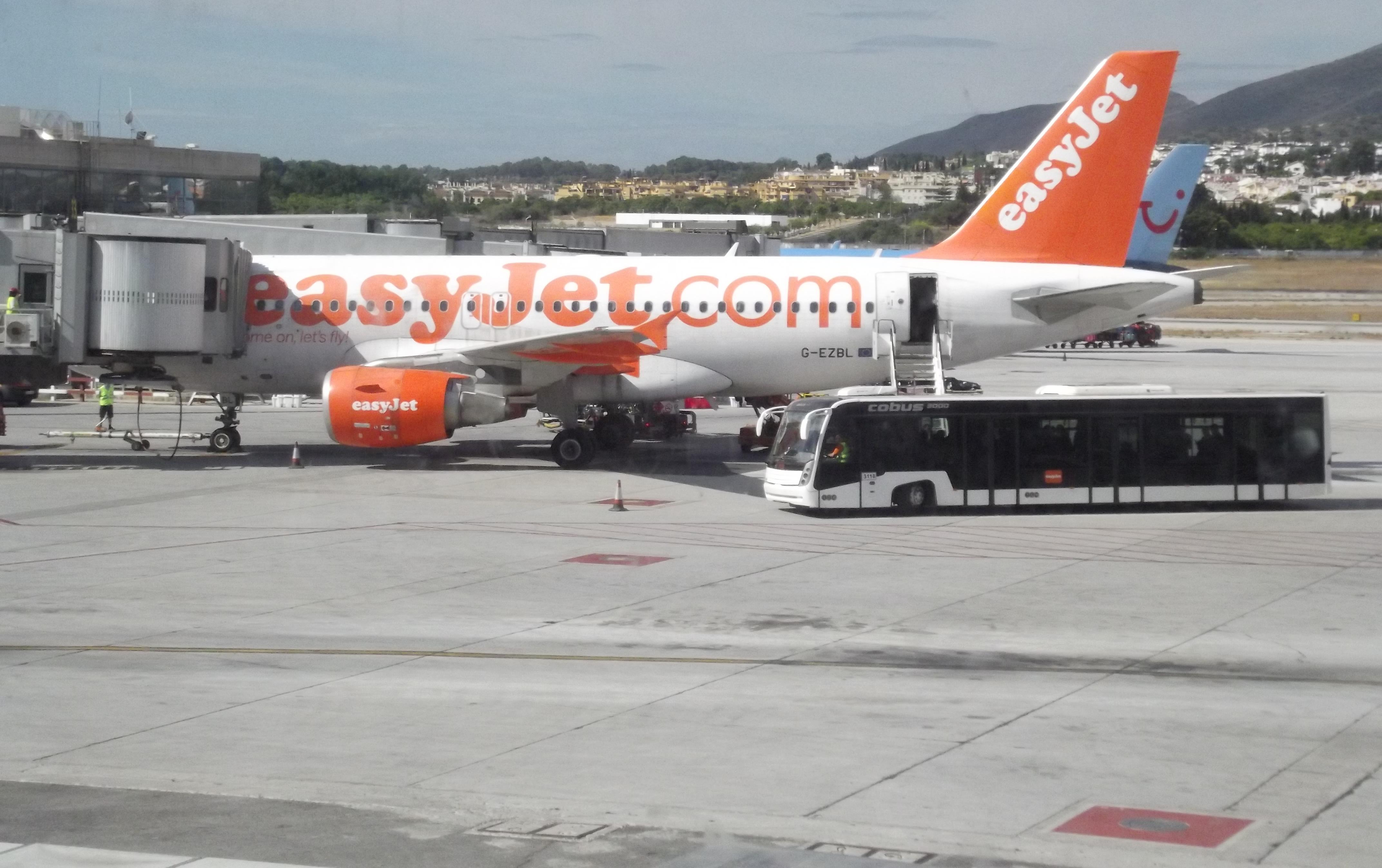
In 2016, a series of strikes by French air traffic controllers caused widespread flight disruptions across Europe. The industrial action, driven by disputes over working conditions and budget cuts, led to thousands of flight cancellations and delays. The strikes highlighted the critical role of air traffic control in maintaining the flow of global air travel and the vulnerabilities of the system to labor disputes. Passengers faced long waits, rebookings, and the challenge of navigating alternative travel arrangements. The situation emphasized the need for dialogue and negotiation in resolving labor conflicts and ensuring the reliability of air travel.
8. The Tokyo Typhoon: Nature's Unyielding Power
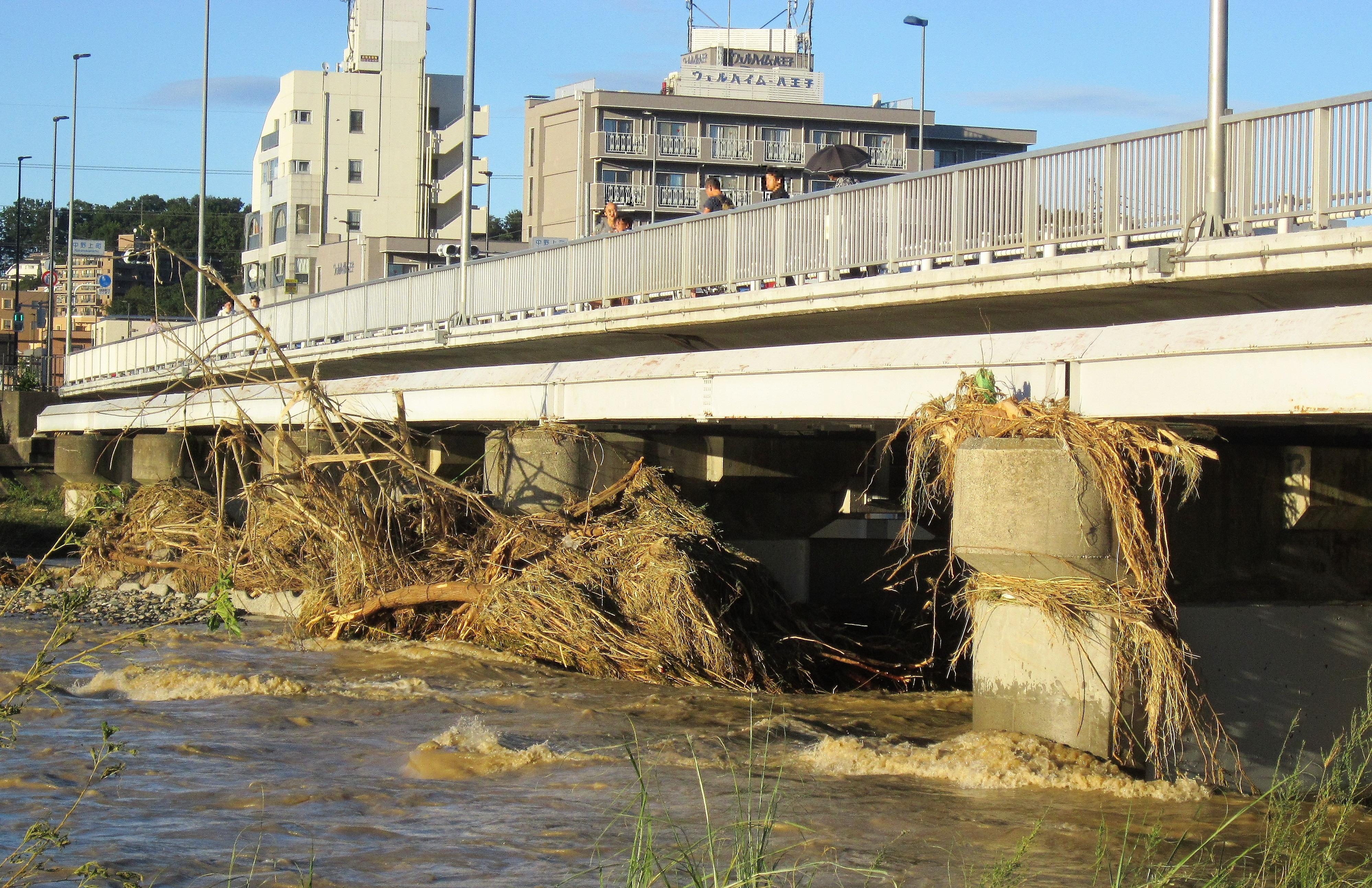
In October 2019, Typhoon Hagibis struck Japan, bringing record-breaking rainfall and winds. The storm caused widespread flooding, power outages, and transportation disruptions, including the cancellation of hundreds of flights and train services. Tourists and locals alike faced the daunting task of navigating the aftermath, as infrastructure was repaired and services restored. The typhoon served as a stark reminder of nature's unyielding power and the importance of disaster preparedness. For travelers, it was an opportunity to witness the resilience and efficiency of a nation in the face of adversity, as communities came together to recover and rebuild.
9. The Greek Ferry Strike: Island Isolation
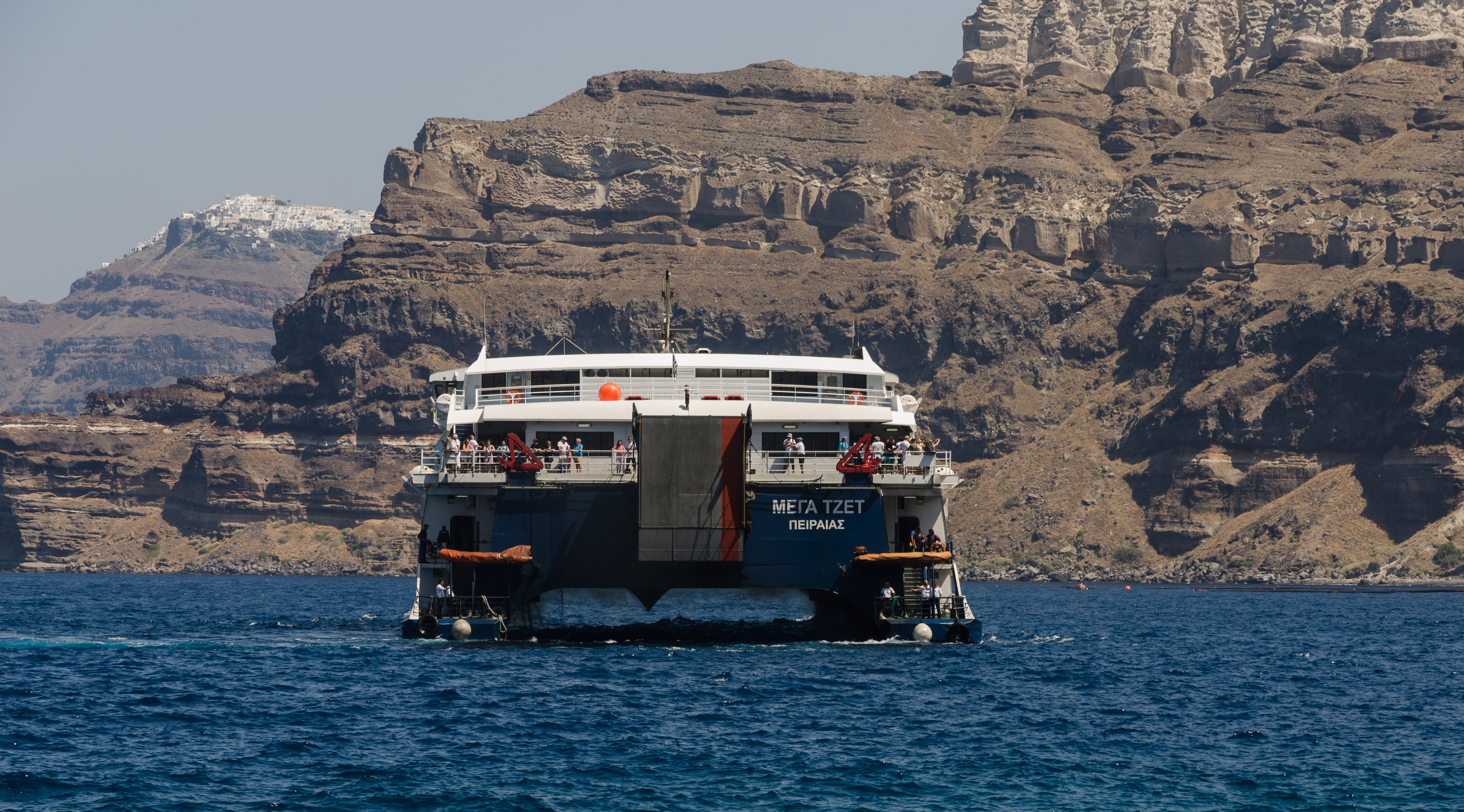
In September 2021, a strike by Greek ferry workers left tourists stranded on islands, unable to return to the mainland. The industrial action, part of a broader protest for improved wages and conditions, disrupted travel plans and highlighted the reliance on ferries for connectivity in the Greek archipelago. The strike underscored the challenges of balancing labor rights with the needs of the tourism industry, particularly in regions heavily dependent on seasonal visitors. For those caught in the disruption, it was a lesson in patience and adaptability, as they navigated the complexities of travel in a region known for its picturesque but isolated locales.
10. The Carnival Triumph "Poop Cruise": A Floating Nightmare
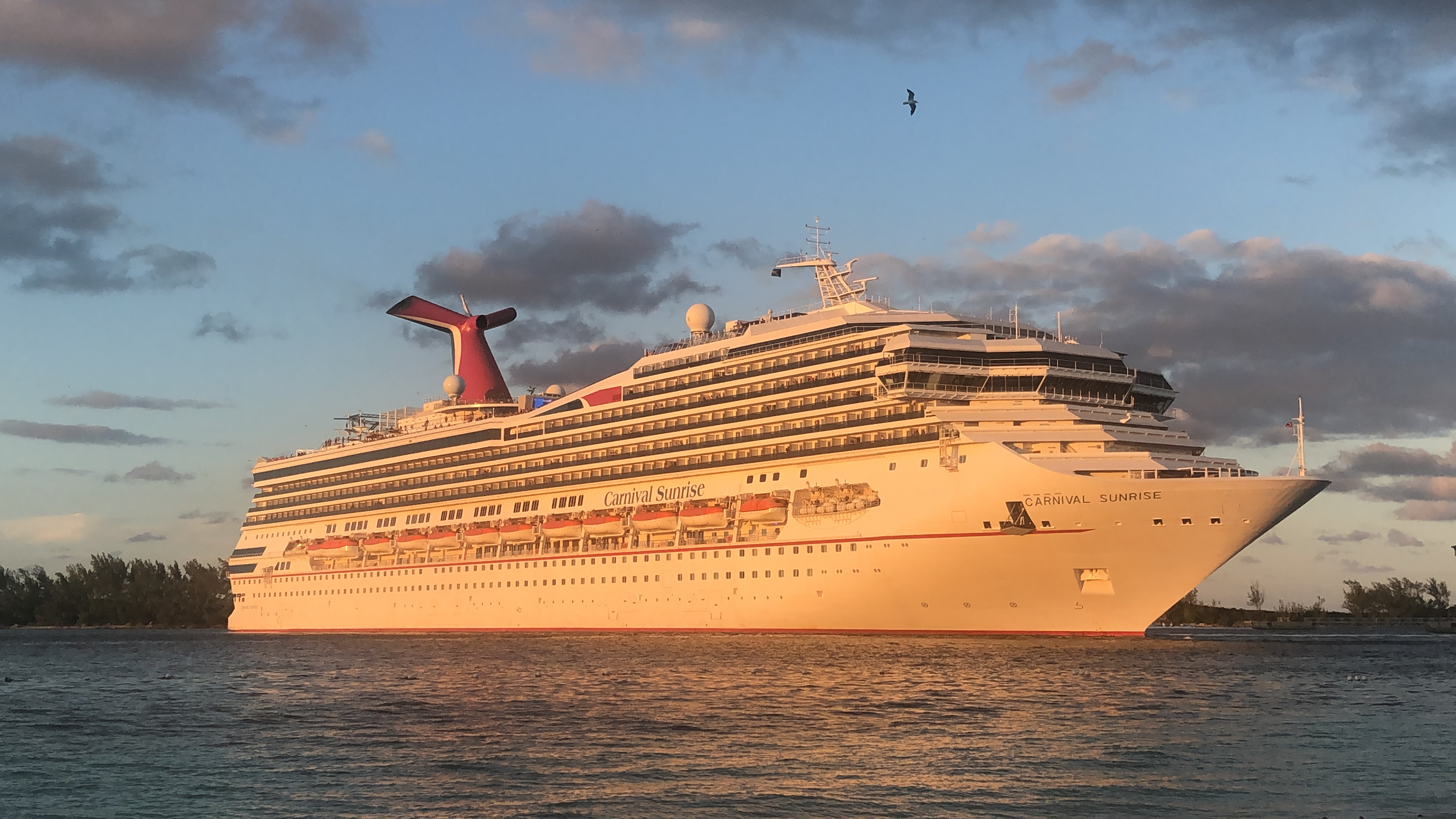
In February 2013, the Carnival Triumph became infamous as the "Poop Cruise" when an engine-room fire caused a power outage, leaving the ship adrift in the Gulf of Mexico for five days. With no air conditioning, limited working toilets, and dwindling food supplies, passengers endured sweltering temperatures, overflowing sewage, and long lines for basic necessities. The unsanitary conditions and lack of amenities transformed a leisure cruise into a truly nightmarish ordeal, prompting widespread media coverage and public outrage. This incident brought to light the vulnerabilities of large cruise ships to unexpected failures and led to heightened scrutiny of onboard safety protocols and emergency preparedness across the cruise industry. The Carnival Triumph saga remains a cautionary tale of a vacation that went horribly wrong, underscoring the importance of robust contingency plans and rapid response in maritime operations.
Embracing the Chaos and Learning from It

As we reflect on these viral vacation disasters, it becomes clear that travel, with all its unpredictability, offers both challenges and opportunities for growth. Each incident, while disruptive, has provided valuable lessons in resilience, adaptability, and the importance of preparedness. Whether facing natural disasters, logistical failures, or industrial actions, travelers and industry stakeholders alike must embrace the chaos and learn from it. As the world continues to evolve, so too must our approach to travel, ensuring that we are ready to navigate the unexpected and emerge stronger from the whirlwind of travel chaos.



